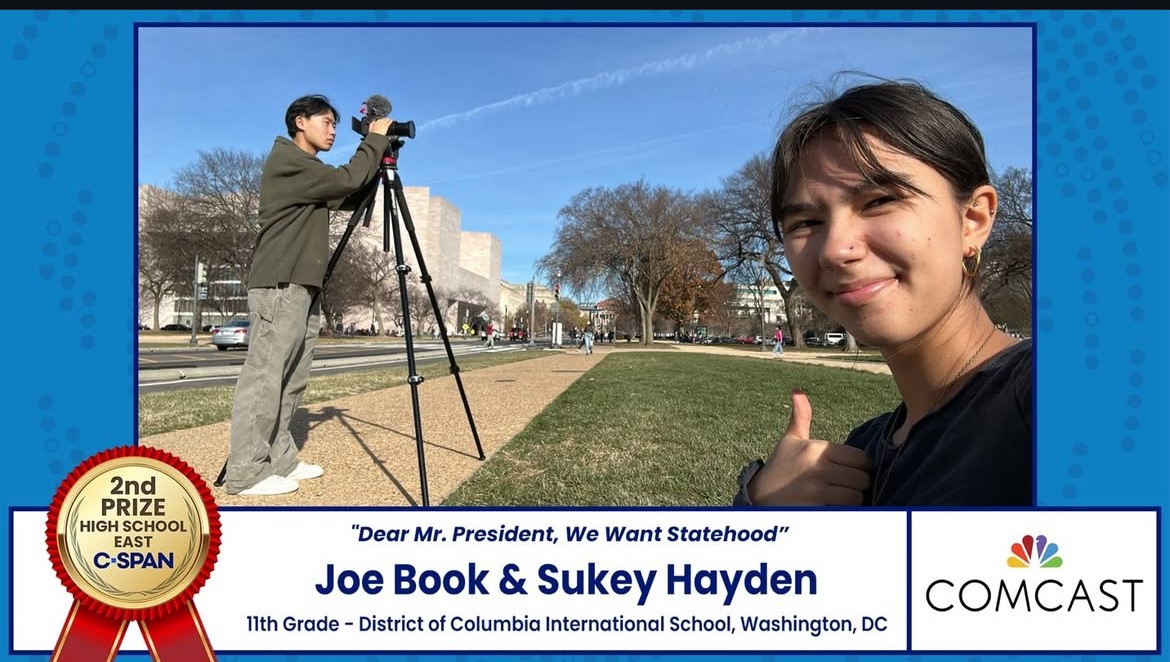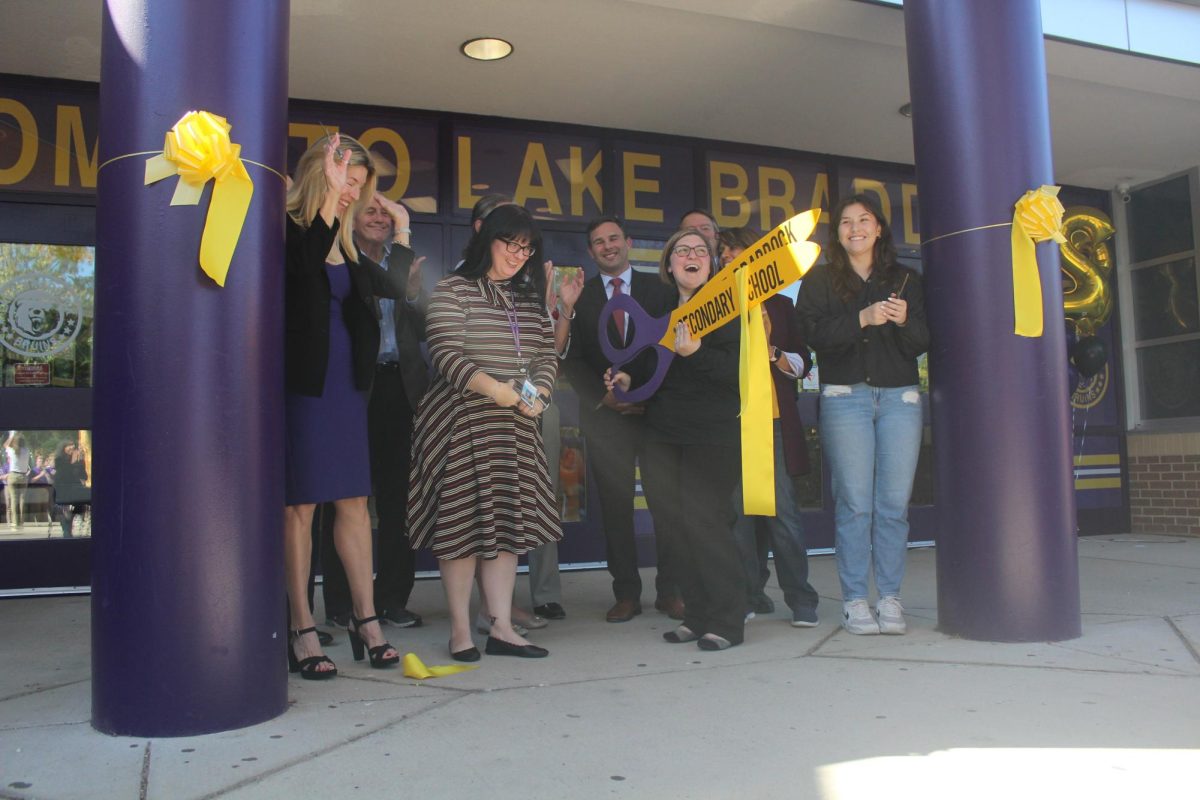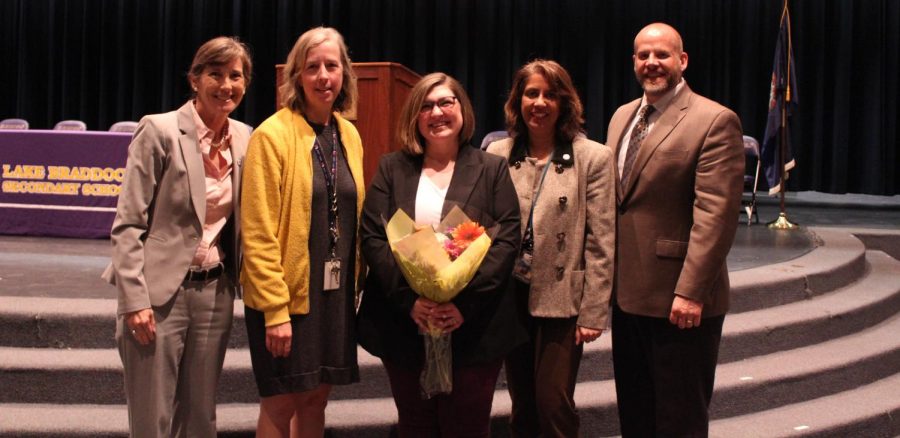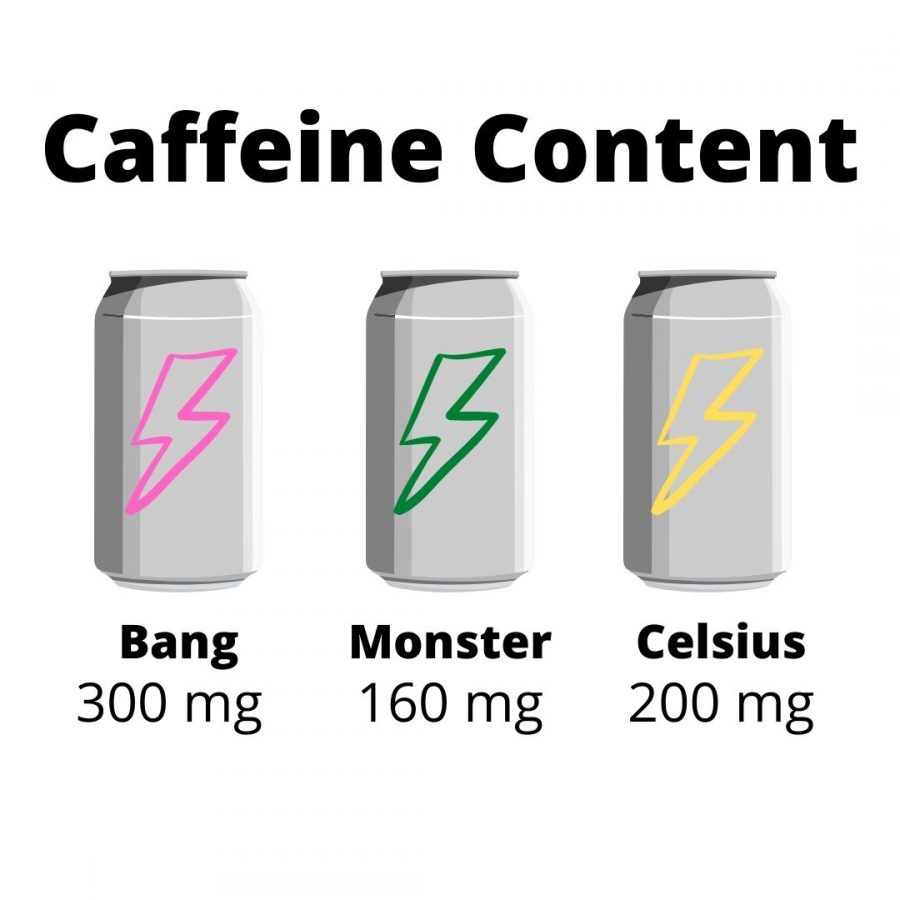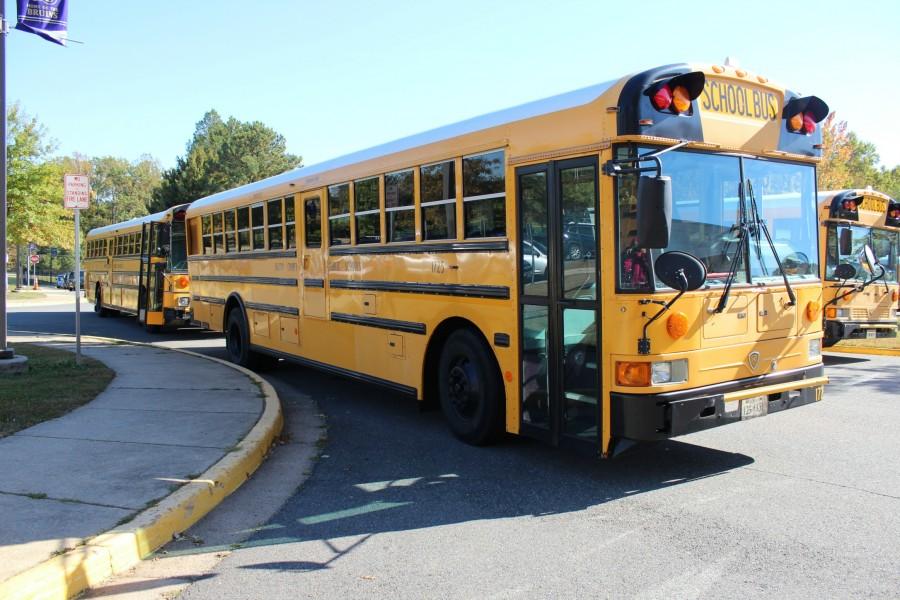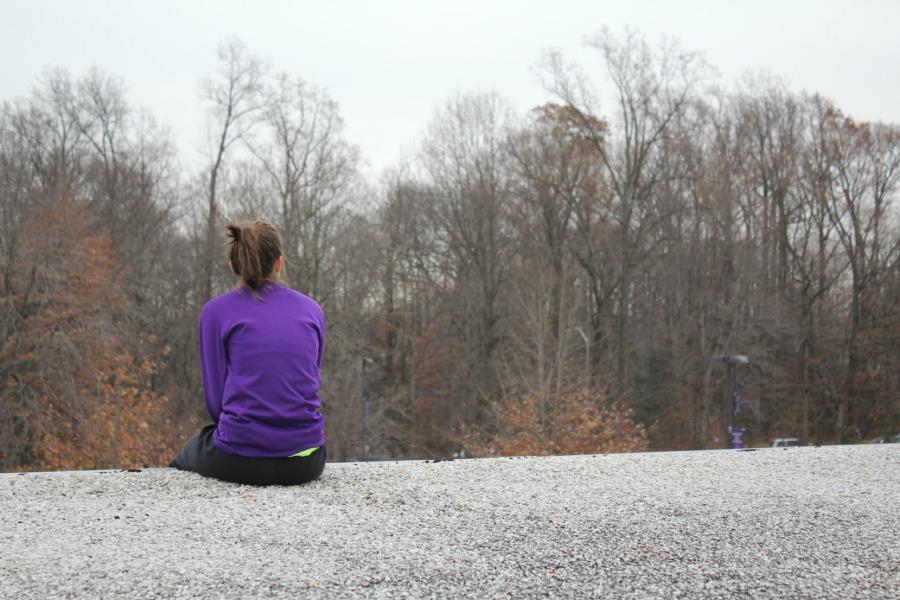It’s no surprise to many that the administration of the school cell phone policy has changed significantly. Governor Glenn Youngkin’s Executive Order 33, signed July 2024 and effective January 1, 2025, has called for a ban on cell phone use during classroom instructional time. Youngkin’s policies are not the first of its kind; Governors Newsom and DeSantis have signed similar policies into effect for California and Florida respectively over the past two years. These state policies have led to changes in county level policies, with various implications on students, staff, and parents.
Executive Order 33 cites cell phone addiction and student mental health as its primary grounds. “Children spend an average of 4.8 hours a day on social media,” the executive order reads, “and recent studies indicate that spending more than three hours a day on social media doubles the risk of poor mental health for adolescents.” Teenagers are certainly no stranger to cell phone addiction. According to research published by the National Institute of Health, around 84% people report that they “couldn’t go a single day without their mobile devices” and around 50% of teens “feel that they are addicted to mobiles.”
In hopes of combating the epidemic of cell phone addiction, the county’s plan for the cell phone policy this year has been administered under the FCPS Office of the Chief Equity Officer in compliance with Executive Order 33. For the 2024-2025 school year, FCPS will be measuring the efficacy of letting students keep their phones away and in their backpacks of their free will versus the mandatory placement of phones in cell phone caddies or pouches. Under revised SR&R standards, middle school students are entirely prohibited from accessing their cell phones and other bluetooth devices, while high school students are allowed to access their phones during non-instructional periods. Because Lake Braddock is a control school allowing students to put their phones away of their own free will, the county will be comparing our data with that of Robinson Secondary, an experimental school.
While the county and school do allow for exceptions to the policy in some limited cases, such as for students with accommodations, the general rule is that students cannot use their cell phones during instructional time, including Advisory and study hall periods. Overall, staff members have reported positive changes in the focus and engagement of students within the classroom.
“It has allowed me to spend more time teaching and less time being a cell phone policeman,” English teacher Dirk Shulze said. “It has definitely had a positive effect on the environment of the classroom and on what I perceive as the willingness of students to engage with one another, as well as with the material. I see, even though we are only a few months into the school year, already closer knit communities in the classroom, which, long term, certainly will have a positive effect.”
Administrator and Subschool 6 Assistant Principal Scott Darwin believes that there have been additional benefits to the cell phone policy beyond just increased focus.
“I also think some of our discipline in general is down. I know from just what I see in the hallways. There’s less kids in the hallway during class time because everybody’s not able to text each other when they’re leaving the classroom to meet up in the hallways,” he said. “It would be frustrating when you walk down the hallway last year and you see kids standing above door three making phone calls or trying to make TikToks on the stairs, not what we should be doing when we’re supposed to be in class. So I think there has been an overall positive impact on just behavior in our building.”
Many students, however, argue that the cell phone policy will not result in a change of behavior for the people who are the most addicted.
“I have people that I’ve always been in classes with over the years, and I think that I’ve noticed that they’ve been more attentive, and they’ve been responding more in class,” sophomore Sophia Slepukhova said. “But also a lot of students still use them, and they just get warnings and warnings, multiple times from the teachers and don’t really care.”
In fact, some believe that cell phone usage will continue at higher rates for these individuals.
“There’s a phrase, ‘strict parents raise sneaky children.’ The stricter you are on students about this, students are just gonna get sneakier,” senior Beemnet “Bee” Tesfaye said. “I don’t think it’s effective for the students they’re trying to target. I think, for the rest of this student body, of course if we get a new policy, we’re gonna follow it because we don’t really want a referral on our case. But for the people who are on their phones so often that it becomes a problem and leads to a detention or referral to begin with, I don’t think they’re gonna care. I think they’re gonna go to the bathroom to look at their phones. I think they’re gonna look at it under their desks. Kids are kids; if they want to do something, they’re gonna do it.”
Regardless of their differing opinions, students and staff alike have agreed that the cell phone policy looks like it’s here to stay – at least, for the remainder of Youngkin’s administration. The question of how the county will adapt to the Executive Order once it is officially in place, as well as the final proposal that will be voted on by the school board in March 2025, remains a question.
FCPS Chief Equity Officer Dr. Nardos King, who was in charge of developing and administering a county-wide plan in coordination with Youngkin’s policies, encourages students to use their voices and respectfully share their perspectives. “I urge students to provide us with feedback through the outlets the county is providing,” King said. “We value student input and will use feedback from the surveys and SR&R focus groups when considering our final proposal.”


